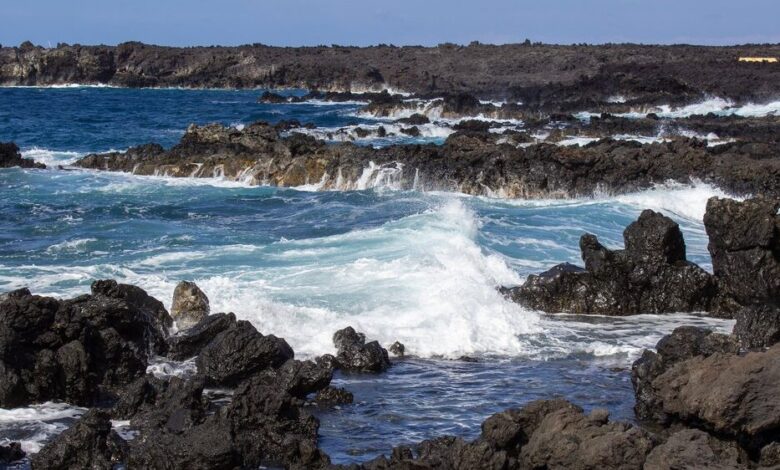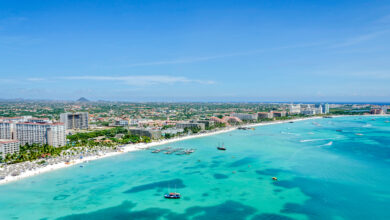
Waves at Pōhue Bay. Photo Credit: J. Ferracane / National Park Service
Environment USANO to Construction, YES to Conservation
Rich in cultural sites and home to many endangered animals, a bay on the southern coast of Hawaii, United States has been acquired for conservation purposes – fending off development projects deemed detrimental to the survival of ecosystems, biodiversity, and culture alike.
Indigenous Hawaiian families will be consulted to find optimal ways to protect both natural and cultural resources, due to them having “ancestral and traditional subsistence connections to the land and the shoreline,” explains Jessica Ferracane, a spokeswoman for the Hawai‘i Volcanoes National Park. “We want to understand theirs concerns about what needs protection there, and we want to use that knowledge they provide to inform management decisions.”
The nonprofit conservation group Trust for Public Land (TPL) bought all 41,440-square-kilometer of Pōhue Bay for $9.4 million and transferred ownership and stewardship to the National Park Service. A 67-square-kilometer parcel will be added to the Hawai‘i Volcanoes National Park, bringing its total acreage to 1,435 square kilometers. TPL also donated $800,000 to Friends of Volcanoes National Park to help manage the bay.
Once in operation, the park will be a haven for endangered species, including the hawksbill turtle (honu’ea) and the Hawaiian monk seal. Many birds – native and migratory – consider the bay as a haven like the frigatebird (ʻiwa), white-tailed tropicbird (koaʻe kea), golden plover (kōlea), wandering tattler (ʻūlili) and black-crowned night heron (ʻaukuʻu). “Pōhue [bay] is an incredibly precious and culturally significant landscape that needs to be protected,” states Rhonda Loh, superintendent at the Hawai‘i Volcanoes National Park.



